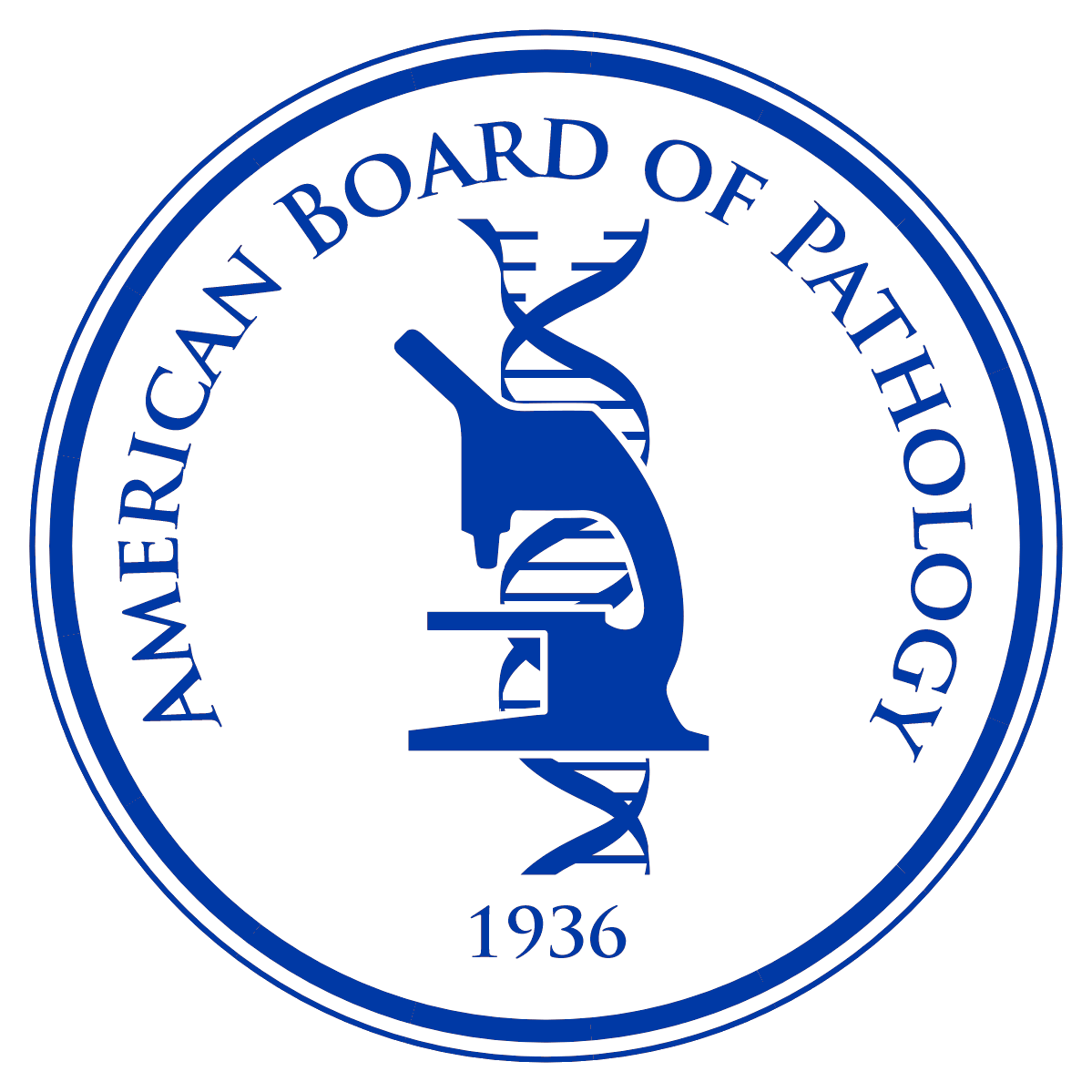Candidate Examination Preparation: Do’s and Don’ts
A Few Words from ABPath CEO Gary Procop, MD, MS, MEd
As we gear up for the upcoming board certification exams, I wanted to take a moment to offer some valuable tips on how to prepare. While I’ll certainly be citing reliable references to support my suggestions, I’ll also add a dash of common sense—something we’re all familiar with, yet occasionally overlook in the heat of exam prep. Let’s dive in and ensure you’re ready for success on exam day.

Keep It Simple
I am very proud that, for as long as I’ve been associated with the ABPath, there has been a sustained and concerted effort to not accept items (i.e., test questions) that concern trivia or minutia. The items that are accepted have been reviewed and edited by groups of subspecialty experts in the various areas of Pathology and Laboratory Medicine with the charge to only include medically important and clinically relevant information. Therefore, study what you need to know and be able to do to succeed as a pathologist in practice as a means to do well on the certification examination.
Use the Guide
Use the blueprints on the ABPath website to help guide your studies. The blueprints show the rough percentage of the examination that is covered by each content area, as well as the distribution of written items, practical items, and items that include virtual microscopy.
Think Big
When studying any one area of pathology (e.g., pulmonary pathology) there will likely be a spread of the type of material in any given category so read broadly. For example, items will likely not solely concentrate on neoplasia, but will likely also include inflammatory and infectious conditions, malformations, etc.
Start Early
Cramming works for short-term recall but does not result in the encoding of longterm memory or true learning. Therefore, start early and really work to learn the need-to-know material throughout your entire residency. When you have truly learned the material, then when you are reviewing it for the examination (i.e., studying for the boards), it will strengthen a memory that you created long ago and it will be there for you during the examination and, more importantly, in future practice (Brown, 2014).
Put Yourself to the Test
Using “remembrances” (i.e., recalled items from previous examinations) is considered cheating and is a violation of the ABPath professionalism standards. However, the use of high-quality item banks that have been created to cover the need-to-know information for success in pathology practice is encouraged (Yang, 2019). The use of item question banks created from a highly reliable source and the use of flashcard type studying promotes retrieval of those memories made long ago, which strengthens those memories in a manner that has been shown to be superior to simply re-reading study material (Brown, 2014). Flex and strengthen those memory muscles through retrieval practices.
Mix It Up
When we study, we often want to plow through one subject (e.g., cardiovascular) and “drill it in” before we move on to the next subject (e.g., hematopathology). This approach feels right, but studies have shown that mixing up the subject materials, a practice termed interleaving, is another way of increasing long-term memory (Firth, 2021). I promise you it won’t feel right —but it has been shown to work.
De-Stress
I know, it is easier said than done. Turns out that there is good stress and bad stress associated with events like high-stakes exams. Good stress is essentially the “hyping yourself up,” like you would before the big game—Come into the exam with confidence and knock the ball out of the park! Bad stress consists of intrusive thoughts that could interrupt your thought processes during the examination and includes overwhelming feelings of impending failure (Custer, 2018; Bolbolian, 2021). If these types of thoughts have plagued you in the past, it is worth seeking therapeutic means to help control these feelings before and during the exam.
Sleep Well, Eat Well, Live Well
Here is the common-sense portion of the recommendations. You have heard it for years, to get a good night’s sleep prior to the examination—it is important! You really do want to be rested and at your best for the examination. Save the celebration for after the completion of the exam; if you drink alcohol, take a break the night before the exam—you don’t want to take a high-stakes exam with a headache. Also, don’t let your gastrointestinal tract distract you. Can you imagine trying to take a high-stakes exam with your stomach cramping because of excessively spicy food the night before? Maintain a healthy diet, no-to-limited alcohol, and plenty of rest—and you’ll thank me for it.
References
Bolbolian, M., Asgari, S., Sefidi, F., & Zadeh, A. S. (2021). The relationship between test anxiety and academic procrastination among the dental students. Journal of Education and Health Promotion, 10, 67. https://doi.org/10.4103/jehp.jehp_867_20
Brown PC, Roediger HL III, McDaniel MA. (2014) Make it stick: The science of successful learning. The Belknap Press of Harvard University Press.
Custer N. (2018). Test Anxiety and Academic Procrastination Among Prelicensure Nursing Students. Nursing education perspectives, 39(3), 162–163. https://doi.org/10.1097/01.NEP.0000000000000291.
Firth, J, Rivers, I, and Boyle, J. (2021). A systematic review of interleaving as a concept learning strategy. Review of Education, 9(2), 642-684.
Yang BW, Razo J, Persky AM. (2019). Using testing as a learning tool. American Journal of Pharmaceutical Education,83(9),7324.

